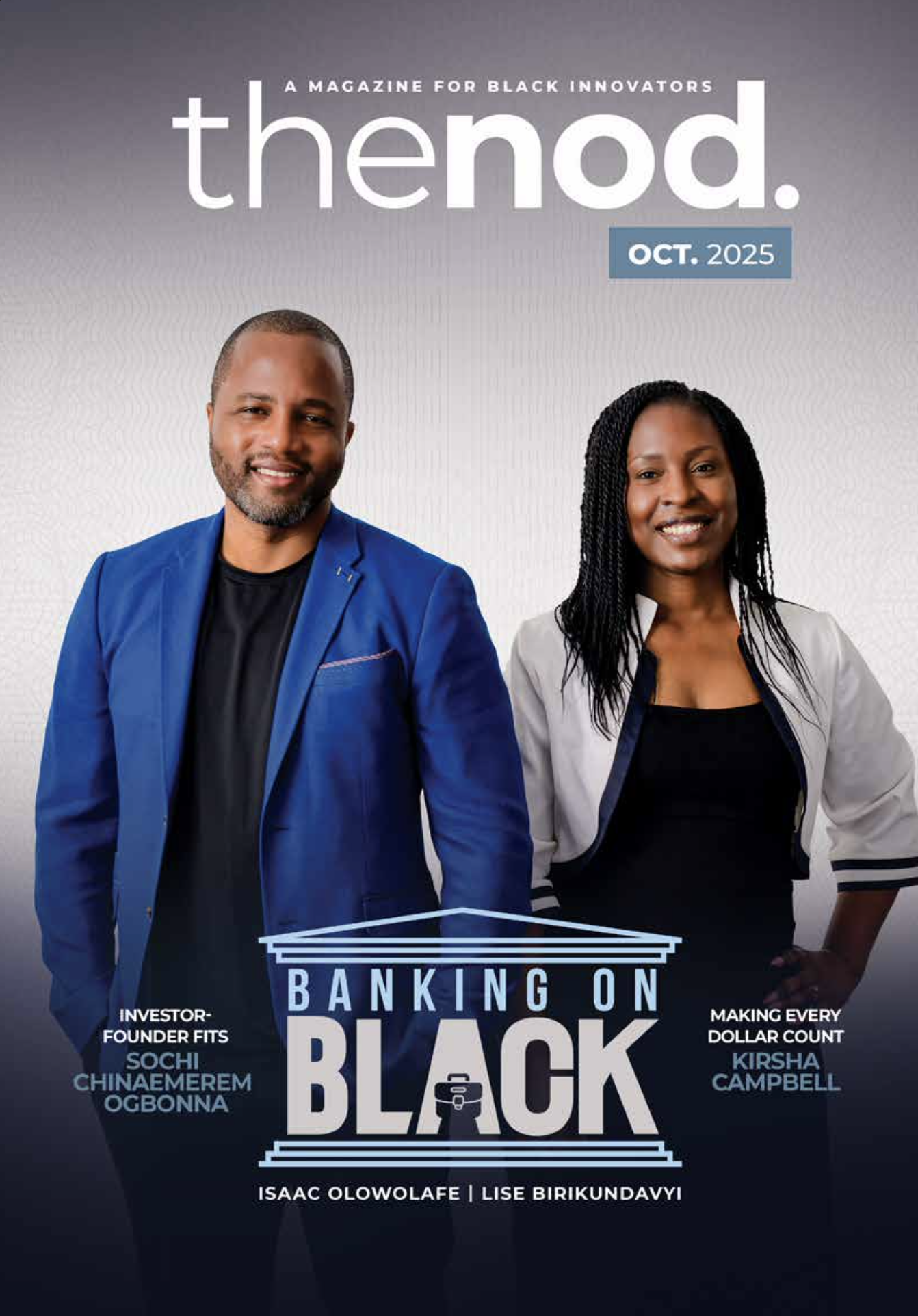Building a life in a new country comes with its challenges, and one significant hurdle for newcomers to Canada is understanding and building credit. This article dives into the essential aspects of the credit system in Canada, offering insights and practical advice based on an interview with an expert in the field.
Understanding Credit Scores
A credit score is a three-digit number representing an individual’s creditworthiness, indicating your reliability in repaying borrowed money. Credit scores in Canada range from 300 to 900, with 680 or above considered good.
Your credit score is important because it helps lenders like banks decide whether to approve you for loans, credit cards, rent or other financial products. It also affects the interest rates you’ll be offered. A higher score generally means lower interest rates, while a lower score could result in higher rates or even denial of credit.
In Canada, there are two major credit bureaus: Equifax and TransUnion. Each bureau calculates credit scores differently, but Equifax is the most commonly used.
The credit score is calculated based on five key factors:
- Payment History (35%): This is the most significant factor. It tracks whether you have paid your past credit accounts on time.
- Credit Utilization (30%): This ratio compares your current credit balances to your credit limits. Lower utilization rates are better.
- Credit History Length (15%): This measures how long your credit accounts have been active.
- Credit Mix (10%): Having different types of credit accounts (credit cards, car loans, etc.) can positively affect your score.
- New Credit (10%): Frequent applications for new credit can negatively impact your score.
Overcoming Hurdles in Building Credit
One of the primary challenges newcomers face is building and maintaining good credit. While it used to be much harder for newcomers to get credit in Canada, it’s more accessible now. Many of the big five banks now offer immediate credit to newcomers. For instance, new arrivals often receive offers for $2,000 in credit card limit and $5,000 in a line of credit, provided they have employment. This marks a significant shift from the past, where secured credit cards were the only credit-establishment option.
Despite this progress, maintaining good credit remains a challenge. The key lies in responsible usage and timely payments. For newcomers, it’s crucial to understand that the initial offer of credit is just the first step. The real task is to use this credit wisely and ensure consistent payments to build a strong credit history.
Addressing Systemic Bias in the Credit System
Racialized groups can sometimes face bias within the credit system. While there have been improvements in policies and a greater focus on inclusivity, challenges persist, particularly in employment. Employment issues often translate into credit issues, as steady income is critical to maintaining good credit. Additionally, systemic biases can sometimes manifest in the banking environment, where racialized individuals face higher scrutiny or suspicion when applying for loans or lines of credit.
One of the systemic issues involves the length of credit history. Newcomers, by default, have a shorter credit history, which can negatively impact their credit score. This inherent disadvantage is a form of systemic bias affecting their ability to build good credit quickly.
To navigate these biases, newcomers should educate themselves about the financial system. Understanding the basics of credit, asking questions, and seeking advice from those who have already navigated the system can be incredibly beneficial.
Financial Resources for New Immigrants
Organizations like Immigrants Inclusive Credits (IIC) offer valuable resources to help newcomers navigate the financial system. According to Survey of Financial Security (SFS) data, approximately 26% of credit-invisible economic families were immigrants. Their findings indicate a significant need for debt management and credit structuring education.
IIC provides seminars, workshops, and one-on-one counselling to educate newcomers on managing debt, structuring credit, and repairing bad credit. Their parent company, City Lending Centers, offers credit rebuilding solutions such as rent reporting, credit builder accounts, and quick loans. These tools help newcomers build or rebuild their credit without accumulating excessive debt.
Effective Strategies for Building Credit
Starting with a secured credit card is one of the most effective strategies for newcomers to build credit. These cards require a security deposit, which serves as your credit limit. Because you’re spending your money, secured credit cards help you control your spending while still allowing you to build credit.
Many Canadian banks offer special programs for newcomers, including unsecured credit cards and lines of credit. These programs often come with sufficient credit limits to help establish a credit history without needing a secured card. Open banking in Canada has also made it easier for newcomers to access credit.
Secured credit cards are recommended for those with no credit history. These cards require a deposit, which sets the credit limit and helps control spending since you can’t spend more than the deposit amount. They are an excellent way for newcomers to start building credit because they involve spending your own money rather than borrowing.
Using a secured credit card responsibly means making purchases and paying off the monthly balance. This behaviour is reported to the credit bureaus, helping to establish a positive credit history without the risk of accumulating debt.
Rent reporting is another precious tool for newcomers. Since a significant portion of income typically goes toward rent, getting credit for these payments is beneficial. Payment history accounts for 35% of the credit score calculation, so regular, timely rent payments can positively impact your credit score.
Organizations like City Lending Centers work with credit bureaus to report rent payments. This service has been shown to increase credit scores by an average of 20 to 60 points for those who use it regularly.
Additional Strategies for Financial Inclusion
Beyond rent reporting and secured credit cards, other strategies can enable newcomers to participate financially in the Canadian economy. While bank products like GICs (Guaranteed Investment Certificates) and regular savings accounts don’t directly build credit, they are essential for overall financial health. However, being prudent with credit products is crucial to avoid accumulating excessive debt.
Newcomers should also consider additional income streams like real estate to increase their financial stability. Saving consistently is vital. Experts recommend putting away 10 to 20% of your income each month. This practice builds a safety net and supports long-term financial goals like buying property.
Practical Financial Tips for Newcomers
To improve financial health, newcomers should focus on the following essential tips:
- Budgeting: Create a budget that outlines your income and expenses. Stick to it to avoid overspending.
- Saving: Set aside 10 to 20% of your income each month. This will build a financial cushion for emergencies and future investments.
- Using Credit Wisely: Only use credit when necessary and ensure you can pay off the monthly balance. Avoid carrying large balances to prevent high-interest charges.
- Avoiding Debt Traps: Be cautious with credit products that can lead to significant debt. Secured credit cards and rent reporting are safer options for building credit.
- Seeking Financial Advice: Don’t hesitate to ask financial counsellors or more experienced individuals for advice. Education and preparation are fundamental to making informed financial decisions.
Building credit in Canada as a newcomer is a challenging but achievable goal. Newcomers can establish and maintain good credit by understanding the credit system, utilizing tools like secured credit cards and rent reporting, and adopting prudent financial habits. With the right strategies and support, you can navigate the Canadian financial landscape and build a prosperous future.













